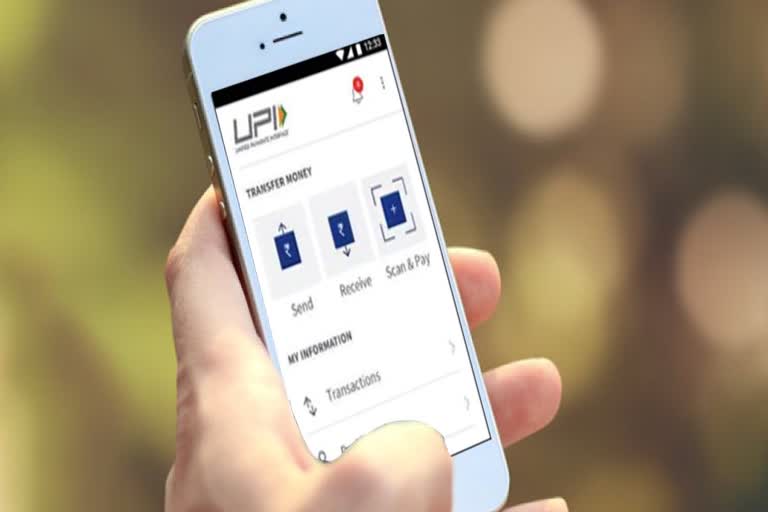New Delhi: The decision to cap market share of UPI players at 30 per cent will have implications for millions of users and even adversely impact adoption of the digital payment mechanism in the future, according to industry experts.
On Thursday, National Payments Corporation of India (NPCI) said a single Third Party App Provider (TPAP) can handle only 30 per cent of overall UPI (Unified Payments Interface) transaction volumes. The cap shall be applicable with effect from January 1, 2021.
Google Pay, Walmart's PhonePe and Paytm are among the TPAP players in the fast-growing UPI ecosystem, amid the sustained push for boosting digital payments in the country.
NPCI -- which runs the UPI -- will issue Standard Operating Procedures (SOPs) regarding capping of transactions in due course.
"Digital payments in India is still in its infancy and any interventions at this point should be made with a view to accelerate consumer choice and innovation. A choice-based and open model is key to drive this momentum," Google Pay and Next Billion User initiatives, India Business Head Sajith Sivanandan said in a statement.
NPCI's announcement has come as a surprise and has implications for hundreds of millions of users who use UPI for their daily payments and could impact the further adoption of UPI and the end goal of financial inclusion, he said.
Paytm and PhonePe did not respond to e-mailed queries.
Generally, TPAPs tie-up with banks at the back-end to add users and process payments for them. Data coming out of the usage is a major resource apart from the revenues made through processing fees.
NPCI, on Thursday, said that in view of the recent growth in UPI transaction volumes, it had analysed the risks in the UPI ecosystem and outlined the steps being taken to "address the risks and protect the UPI ecosystem".
Read more:Despite popularity, why WhatsApp Pay won't be a monopoly?
For existing TPAPs, that are exceeding the 30 per cent cap, will have a period of two years to comply with the requirement in a phased manner, as per NPCI.
